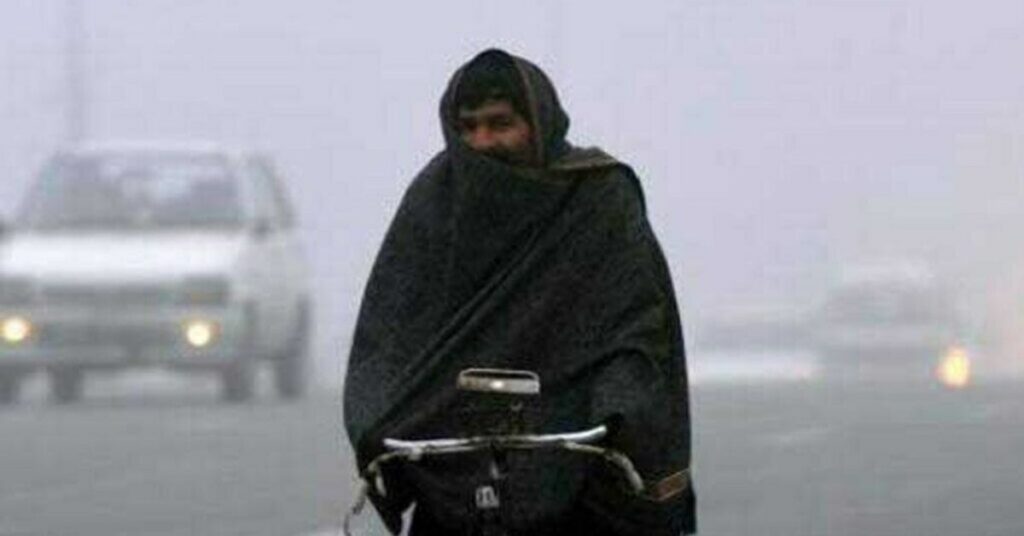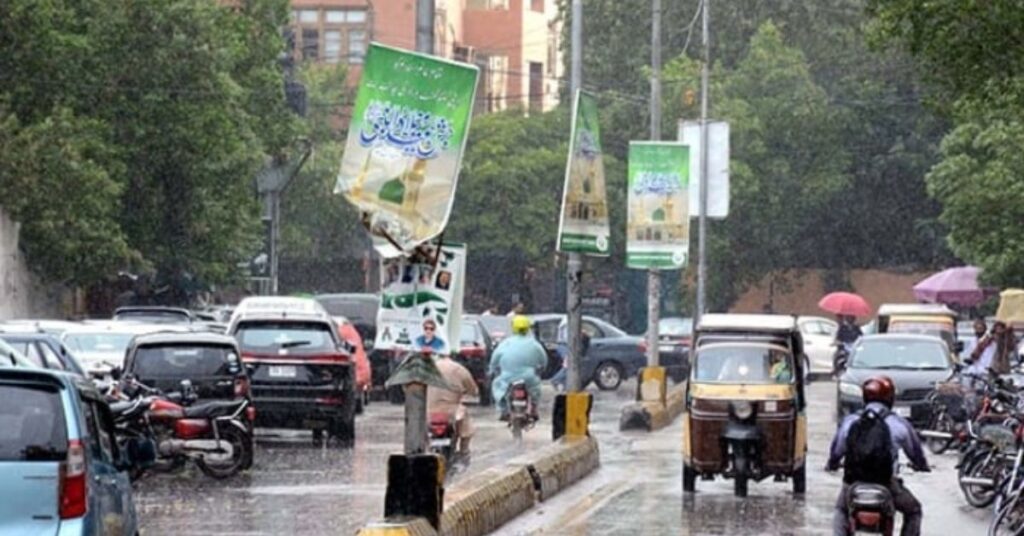MUZAFFARABAD (Kashmir English): The Meteorological Department has issued a heatwave alert warning that most plain areas of Pakistan will experience intense heat over the next four days from today until May 24. Temperatures are expected to rise significantly above normal levels nationwide.
As of Tuesday, Azad Jammu and Kashmir (AJK) is experiencing sunny weather with a temperature of 27°C. Humidity stands at 30 per cent, and winds are blowing at 10 km/h, with no precipitation expected.
Temperatures are forecast to remain warm, reaching 28°C during the day and dropping to 18-19°C at night over the next week. The region can expect consistent dry conditions, with slight variations in daytime highs and nighttime lows through next week.
In Sindh, South Punjab and Balochistan, daytime temperatures are predicted to be 4-6°C higher than average. Meanwhile, Central and Upper Punjab, Islamabad, Khyber Pakhtunkhwa, Kashmir and Gilgit-Baltistan may see temperatures 5-7°C above normal during this period.
The heatwave has already made its presence felt, with Dadu and Jacobabad recording the country’s highest temperature at 48°C yesterday.
Several other cities also experienced extreme heat, including Larkana, Rohri and Sibi at 46°C, Peshawar at 43°C, and Lahore, Multan, Faisalabad and Muzaffarabad at 41°C. Islamabad recorded 39°C, while Quetta, Karachi and Gilgit reached 36°C, 35°C and 34°C respectively.
Weather officials predict continued extremely hot and dry conditions in Islamabad, most of Punjab and Sindh, as well as throughout Balochistan and Khyber Pakhtunkhwa. Speaking of northern areas such as Abbottabad, Kohistan, Murree or Galiyat, there could be light rain around afternoon or evening.
The Meteorological Department has suggested people, especially the elderly, children and those with health concerns, follow general tips to protect themselves from heatwave.
People are advised to limit outdoor activities during the warmest time of day, drink water and block out direct sunshine. It has been recommended that farmers adjust farming activities based on the weather and pay more attention to their livestock.
The public is advised to exercise caution during this period of severe weather. It is recommended that residents make sure they are properly hydrated and check on their neighbours who may be at risk.
If the situation deteriorates, people should take more steps, such as modifying the hours that are spent outdoors. Use the official weather bulletins to stay informed.




